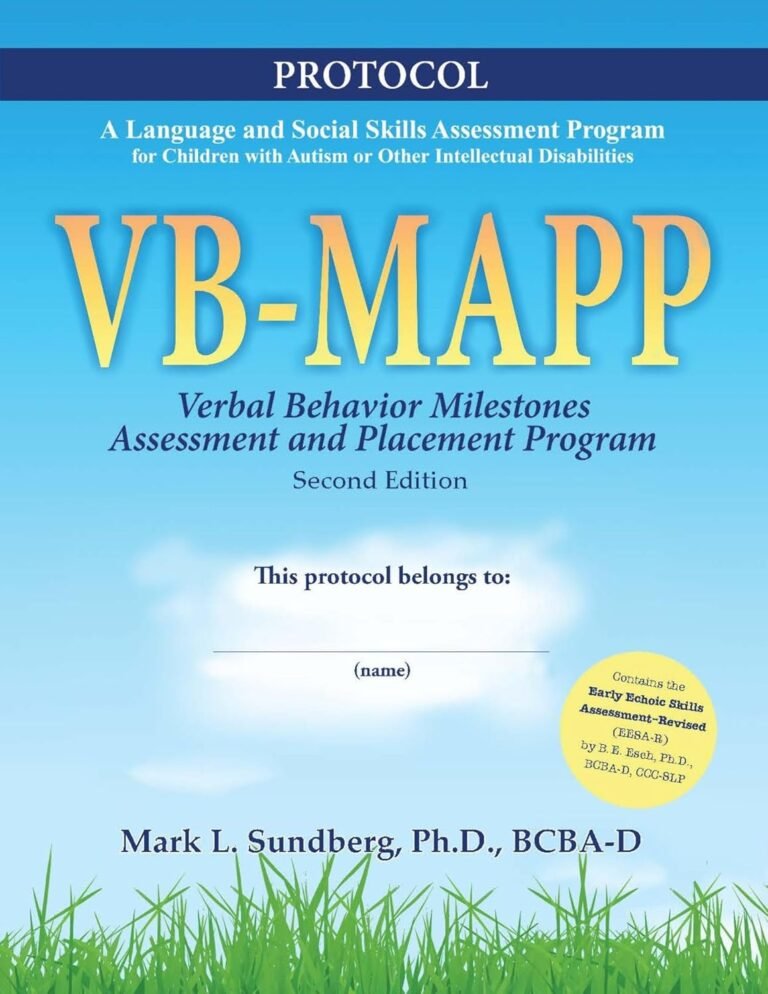
3 minutes read time.
Attention skills are a fundamental part of cognitive development, allowing individuals to focus on important stimuli while filtering out irrelevant distractions. For children with autism, developing these skills can be particularly challenging. This blog post provides an overview of attention skills, their different types, and practical activities to help children strengthen their ability to focus.
Understanding Attention Skills
Attention skills refer to the ability to selectively concentrate on relevant information while disregarding distractions. These skills begin developing in infancy and play a crucial role in learning, communication, and daily activities.
Types of Attention Skills
Children exhibit different forms of attention, each serving a unique function in processing information. The key types of attention skills include:
- Selective Attention: This refers to the ability to focus on relevant stimuli while ignoring extraneous information. For example, a child may listen to a teacher’s instructions while tuning out background noise in a classroom.
- Sustained Attention: This skill allows a child to maintain focus on a task for a designated period. For instance, a preschooler might concentrate on a puzzle for ten minutes before losing interest.
- Alternating Attention: This involves shifting attention between multiple stimuli. A child with strong alternating attention can switch between listening to a parent’s instructions and then returning to a play activity.
- Divided Attention: This is the ability to focus on more than one task simultaneously. An example would be a child listening to a teacher while taking notes.
Activities to Improve Attention Skills
There are several structured activities parents and therapists can use to support attention skill development in children with autism:
- Focus on Relevant Stimuli: Engage children in activities that encourage them to direct their attention to important information. For example, playing games where they must turn their heads toward a sound source can enhance auditory focus.
- Ignore Irrelevant Stimuli: Help children learn to filter out distractions by practicing activities that require them to concentrate on one task despite background noise. For instance, a child can practice focusing on a story being read aloud while soft music plays in the background.
- Identify Important Information: Encourage children to recognize the main points in conversations or instructions. A helpful exercise could be summarizing a short story or identifying key words in spoken directions.
- Practice Attention Switching: Design activities that require children to shift their attention between different stimuli. Games that involve following alternating verbal and visual cues, such as Simon Says, can be beneficial.
- Practice Divided Attention: Encourage engagement in tasks that involve multitasking, such as listening to a song while completing a simple motor activity like clapping or drawing.
Final Thoughts
Developing attention skills is essential for children with autism as they navigate learning and social interactions. By incorporating structured activities into daily routines, parents and therapists can support children in strengthening their ability to focus, switch, and divide their attention effectively. With consistent practice and patience, these skills can significantly enhance a child’s cognitive and behavioral development.
( This blog post provides a starting point. Remember to consult with professionals and explore additional resources to find the best approach for your child.)





